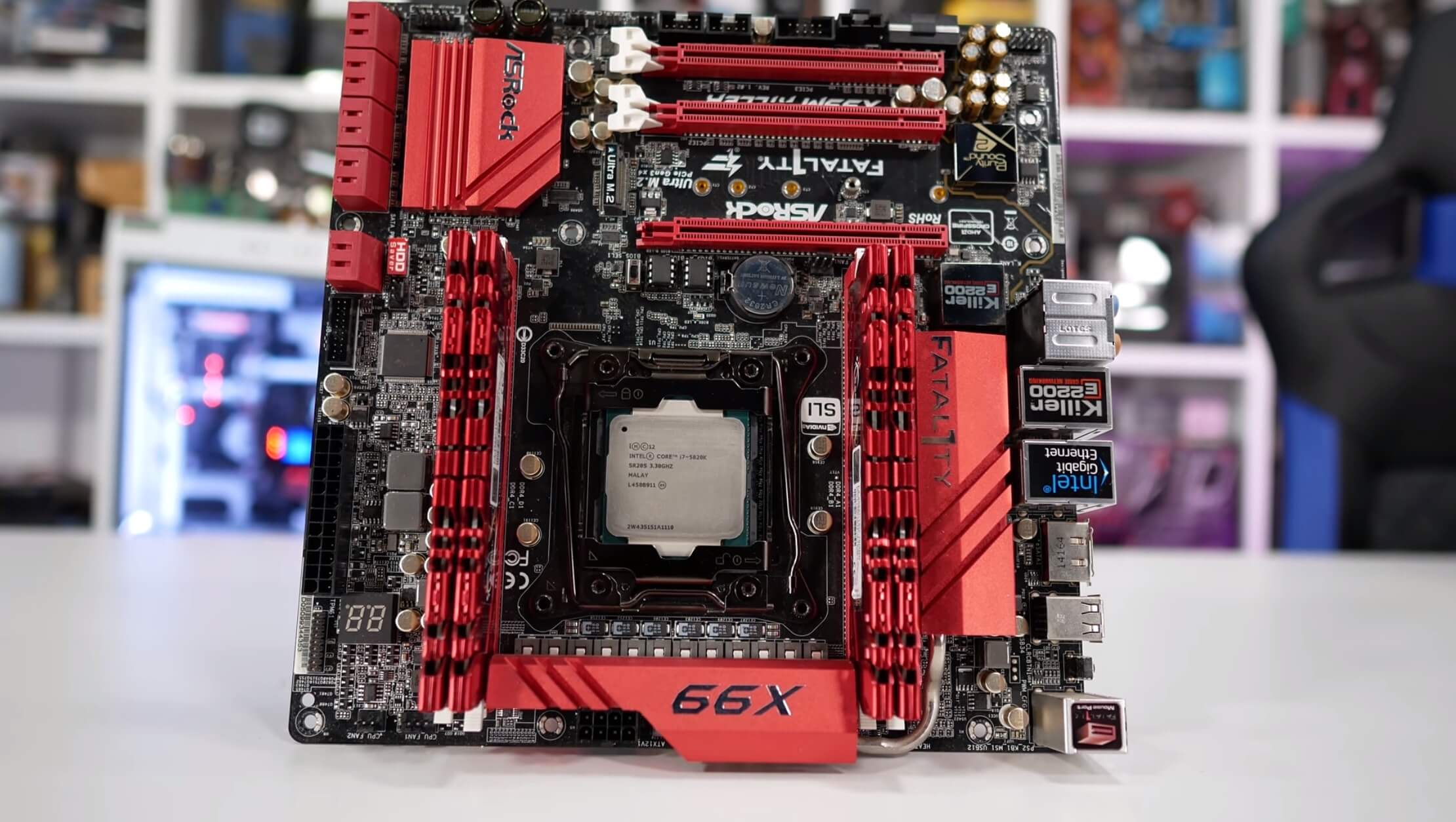Released in August 2014 for a reasonable $390 -- the most affordable Haswell-E processor available at the time -- Intel's hexa-core Core i7-5820K has proven popular among enthusiast builders over the years and it's about time we see how it compares against more modern CPUs.
https://www.techspot.com/review/1558-core-i7-5820k-test-in-2018/
